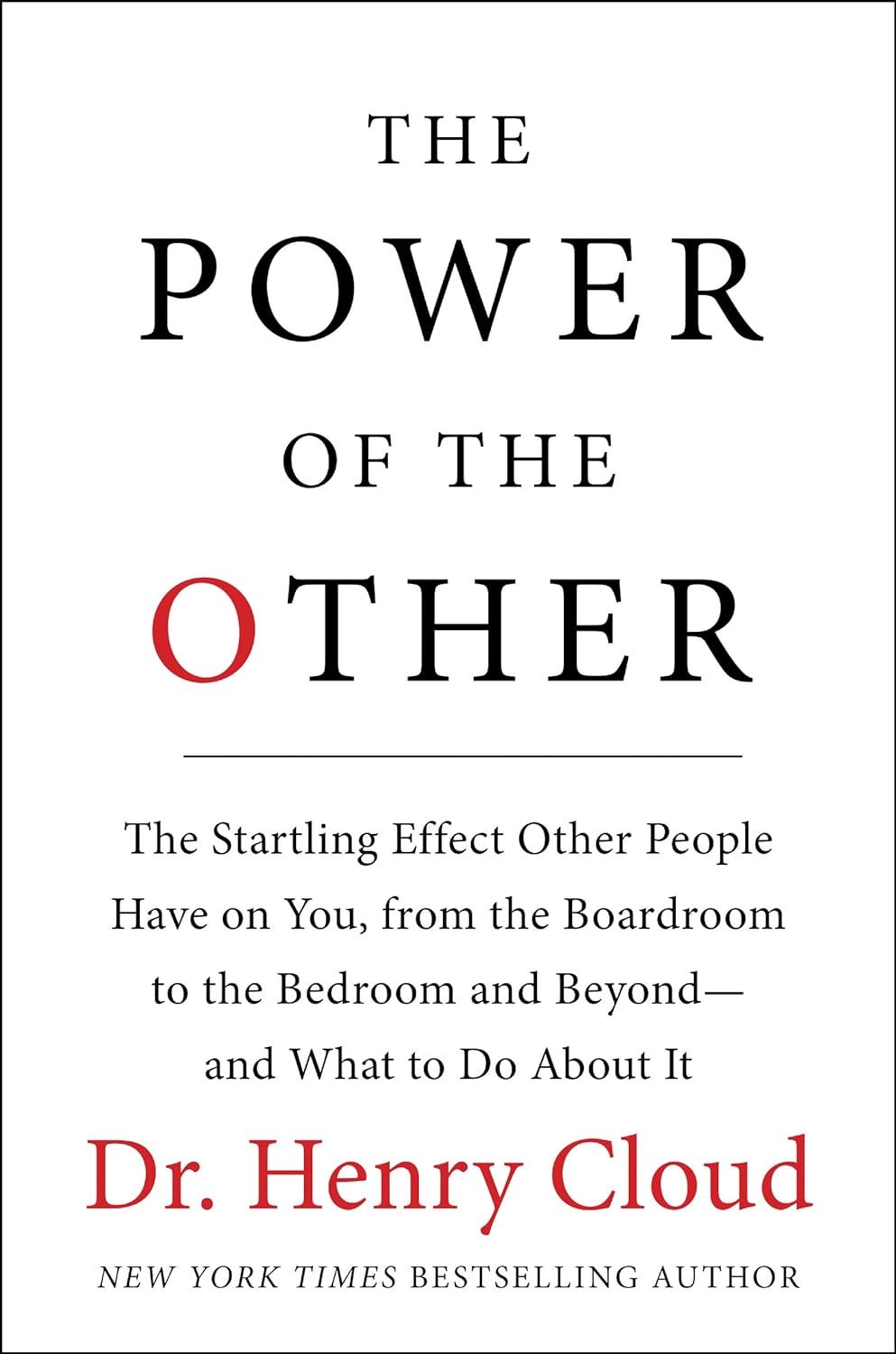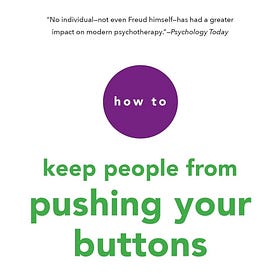How to Pursue Perfection and Reach Your Full Potential?
3 Golden Standards for Building Better Interpersonal Relationships That Will Benefit You For Life.
Good afternoon, friends! Welcome to the ReadVault Club. I'm Tom Niklas, a seasoned writer and book reviewer. Please subscribe to me and join us in reading 52 books a year together.
All the books we've talked about before have one thing in common: they tell us to look inward for solutions to our problems. Whether it's in our career, family, or personal life, we're supposed to find the answers within ourselves and become stronger to fix them.
But there's a blind spot in this approach: while it might make us better individuals, it can also put a lot of pressure on us. That's where the book "The Power of the Other" comes in.
This book is based on research by UCLA professor Dr. Siegel. He studied what makes people happy and found that it comes down to three things: our brain, our mindset, and our relationships.
Our brain is the structure we've developed over time. For example, when you're in a certain situation, do you release more or less of certain chemicals in your brain? What types of chemicals do you release? That's a brain structure thing.
Our mindset style is how we interpret things, like the ABC model we've talked about in “How To Keep People From Pushing Your Buttons.” How do you view a situation? What are your values? So, our physiology and our mindset are two corners of the happiness triangle. The third corner is our relationships. How we interact with others can make or break our happiness.
Read my another book review about ABC model.
How To Keep People From Pushing Your Buttons In One Step?
·Are You a Victim of Your Emotions? Discover the Art of Emotional Control.
The author of the book, Henry Cloud, says that relationships have a measurable impact on our lives. That's why he called the book "The Power of the Other", it teaches us how to draw strength from others.
There's a case study in the book that stuck with me. It's about a surgeon who had an affair. In the US, surgeons are entrepreneurs with their clinics. So, when this guy's moral compass went south, it hit his career hard. His colleagues started shunning him, his wife was divorcing him, and he was feeling like a failure.
When he went to a therapist, he said, "I think I can turn this around. I'm going to change my ways. I won't see that woman again or any other woman. I'll put my family first. I'll schedule time each week to do this and that."
The therapist listened and then said, "You're going to fail."
The guy was shocked. "Why? I can do it. I'll use my willpower. I'll control myself."
The therapist asked, "Have you thought about why you had the affair in the first place? What was the reason?"
The surgeon replied, "I was burned out. I felt like I needed that emotional connection that I wasn't getting in my marriage."
The therapist said, "Have you fixed that problem? No, you haven't. And now you're putting even more pressure on yourself to do everything yourself. You're doomed to fail because you're not getting help from outside."
So, what was the therapist's advice? Don't try to shoulder all the responsibility yourself. You're already burned out. Instead, reach out to others, such as your support group, your spouse, and a therapist. A support group is a group of people who are all trying to solve the same problem. They meet and share their experiences and encourage each other. That's the power of a support group. Talk to your spouse and ask for her support. And find a therapist who can give you professional advice.
When we face challenges, our first instinct is to think about what we can do to fix them. But this book shows us that it's just as important to work together with others.
So, what does a good relationship look like? The book sums it up nicely: it affects how long you live, whether you achieve your goals, how much money you make, how well your kids do in school, how much you trust others, how you cope with stress and failure, what your mood is like, how much physical pain you experience, how you think, and what you think about.
The core of this book lies in how the author categorizes interpersonal relationships into four types that each of us faces.
The first type is isolation. You're alone as an individual, a state that often happens with successful people, what we call "it's lonely at the top." These people don't feel help from those around them, nor do they seek it. They spend more time in their lives giving rather than receiving, always telling others what to do when with them.
As a result, those around them don't feel a sense of value in their existence. Such a person doesn't allow themselves to ask for help either, seeing it as a sign of weakness. They tend to take on any problem alone - thinking it through, solving it themselves, drowning sorrows over it, etc. Possible clinical manifestations include high stress, insomnia, intense dreams, and even nightmares.
So this first interpersonal state is isolation, taxing, and high-pressure with a tendency for setbacks, failures, and adverse health effects if you're in it.
The second type is a bad connection. What's that? Someone you're close to and interact with frequently but who makes you deeply uncomfortable. They're always blaming and criticizing you, pointing out your flaws, making demands - requiring your all-out effort in life to satisfy them.
I bet many can think of such a person, like a father who was always super demanding and hard to please. The relationship is intimate with frequent interaction but drains your energy. As described here - unrealistic expectations, perfectionism, unreasonable demands, fault-finding, stingy praise, inducing shame, guilt, put-downs, silence, and so on.
What happens subsequently? Your leadership, vigor, happiness, engagement, and passion shift direction, slowly weakening. You become defensive, trying to make up for everything, to return to a past state of self and other's satisfaction. So you overly worry about meeting others' standards.
This kind of bad connection can happen between parents and children, romantic partners, an overbearing boss, etc. This is the second type.
Keep reading with a 7-day free trial
Subscribe to ReadVault to keep reading this post and get 7 days of free access to the full post archives.




